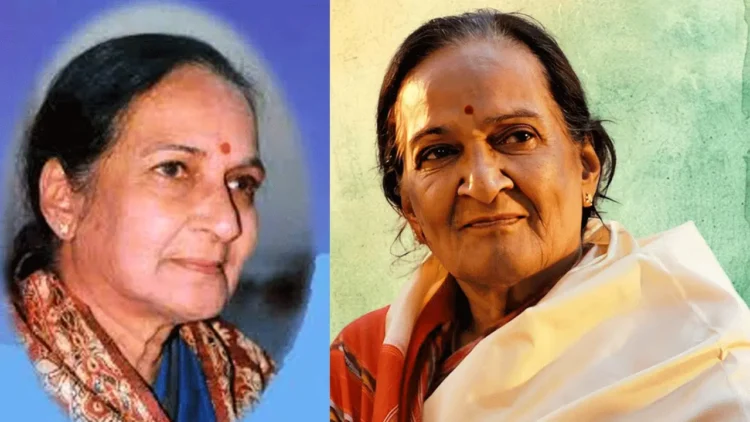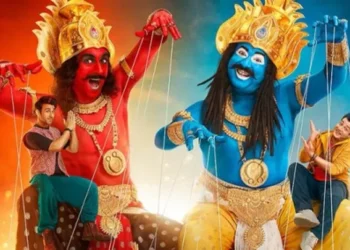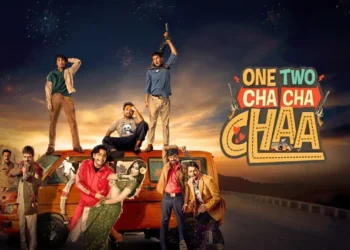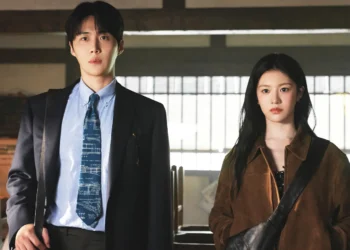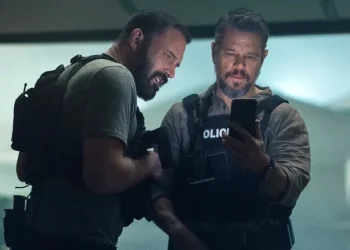A Timeless Voice Falls Silent
Rao Balasaraswathi Devi, the pioneering playback singer who etched her name as the first officially credited female playback artist in Telugu cinema, passed away on Wednesday at her Hyderabad home. She was 97 and had been battling age-related health issues for several days before her peaceful passing around 8 a.m., according to family members.
Born in 1928 in Venkatagiri, Andhra Pradesh, Balasaraswathi’s tryst with music began at an exceptionally young age. Trained by renowned musician Allathuru Subbayya, she exhibited extraordinary talent even in her early years. By the age of six, she achieved a remarkable feat—recording her first solo gramophone disc with His Master’s Voice (HMV)—becoming the first Indian woman to reach such a milestone.
Pioneering Moments in Telugu Cinema
Balasaraswathi Devi’s voice first graced the silver screen with Namaste Prananadha in the 1936 film Sati Anasuya. However, her true breakthrough came in 1943 with the landmark movie Bhagyalakshmi, directed by C. Pullayya and produced by Chittoor Nagayya. The film made cinematic history as the first Telugu talkie to officially credit a playback singer for dubbing songs for an actor, in this case, Kamala Kotnis. The movie was also distinguished as the 100th talkie in the Telugu film industry—a fitting milestone in which Balasaraswathi’s name was forever immortalized.
A Multifaceted Career in Music and Cinema
Over a career spanning several decades, Balasaraswathi Devi lent her melodious voice to more than 2,000 songs across Telugu, Tamil, and other Indian languages. She collaborated with some of the most respected composers and musicians of her era, including Ghantasala, K. V. Mahadevan, S. Rajeswara Rao, Ramesh Naidu, and Susarla Dakshinamurthi.
Her accomplishments were not limited to playback singing. At just 12 years old, she became one of the first performers to render light music on All India Radio, helping popularize the genre among a broader audience. In addition to her playback career, Balasaraswathi also acted in Telugu and Tamil films during the 1930s and 1940s, balancing her acting and music pursuits with equal dedication before choosing to focus entirely on her singing career.
A Legacy That Resonates Through Generations
In 1944, she married Raavu Pradhyumna Krishnamahipathi Surya Rao, and the couple was blessed with two sons, Gopalakrishna and Venkatakrishna. Even in her later years, she continued to be celebrated for her immense contributions to Indian music. In 2014, the Seetha Ramaiah Sangeetha Seva Trust honored her for her lifetime achievements, recognizing her trailblazing journey that opened new paths for women in the Indian music industry.
Rao Balasaraswathi Devi’s passing marks the end of an era in the history of Indian cinema. Her pioneering spirit, timeless voice, and artistic integrity continue to inspire singers and musicians across generations.


